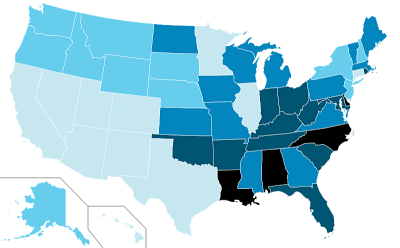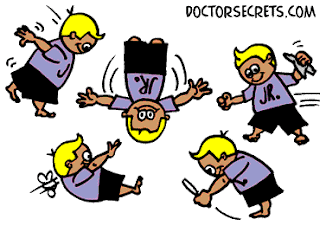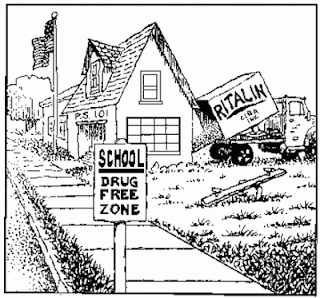The power of a name: Controversies and changes in defining mental illness

by Carlie Hoffman The purposes of naming are to help categorize the world in which we live and to aid in grouping similar things together. However, who decides which name is the correct one? Is a child who often cannot pay attention to his classwork “absent-minded,” or experiencing attention deficit hyperactivity disorder? Is a person whose moods often swing from one extreme to the other simply “moody,” or living with bipolar disorder? Naming a lived experience a “mental illness” has the ability to change the social realities of those who receive the diagnosis, altering not only self-perception, but also influencing the perceptions and triggering the biases of others— often in a detrimental manner. So, who has the power to determine how such a label is assigned, and what happens if someone is given the wrong one? The power affiliated with naming has caused the diagnosis of mental disorders to be fraught with controversy. Mental illnesses are defined by the Diagnostic and Statistical Ma...




